Coastal walks to invigorate and inspire
A walk by the sea hasn’t been banned yet, so take advantage while you can. Chris Carter reports.

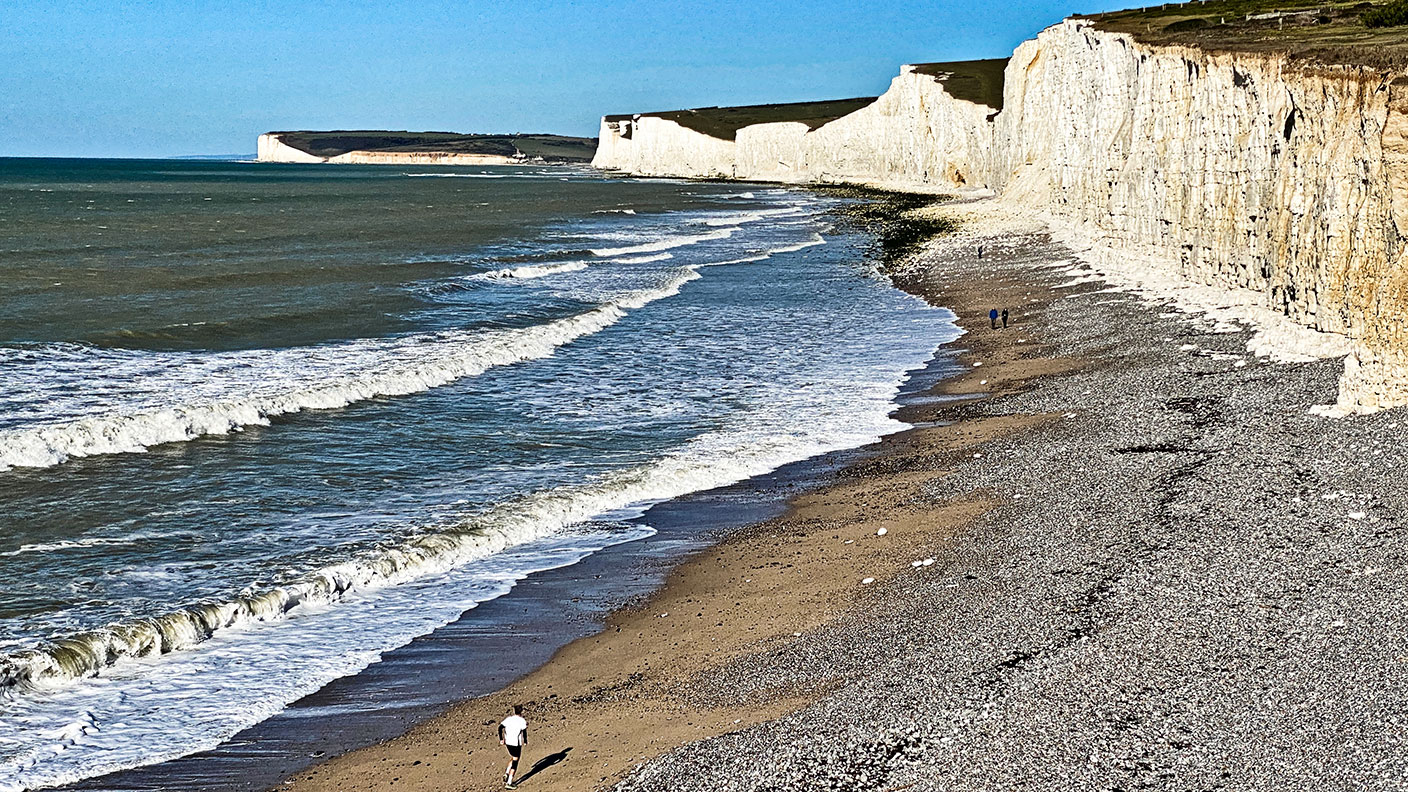
Get the latest financial news, insights and expert analysis from our award-winning MoneyWeek team, to help you understand what really matters when it comes to your finances.
You are now subscribed
Your newsletter sign-up was successful
Want to add more newsletters?

Twice daily
MoneyWeek
Get the latest financial news, insights and expert analysis from our award-winning MoneyWeek team, to help you understand what really matters when it comes to your finances.

Four times a week
Look After My Bills
Sign up to our free money-saving newsletter, filled with the latest news and expert advice to help you find the best tips and deals for managing your bills. Start saving today!
Older adults who take regular “awe walks” experience positive emotions, such as compassion, admiration and humility, and a decrease in negative emotions such as loneliness, according to new paper in the American Psychological Association’s journal Emotion. “And who doesn’t need a dose of that in 2020?” says Madeleine Howell in The Daily Telegraph. “These are all emotions which help people to relate and connect to others,” Virginia Sturm, the neuropsychologist who led the study, tells Howell. “When people experience awe, they feel smaller in relation to the world around them.”
With that in mind, Howell headed to Birling Gap in East Sussex. “Beautiful, isn’t it?” a man at his easel painting the white cliffs remarked. “It was an auspicious start to my awe walk from the Birling Gap café along the South Downs Way towards Cuckmere Haven… Our immediate reward was expansive views of the ‘sisters’: named by sailors who looked out for them on stormy seas.” Descending the steps to the beach to admire the wind-sculpted geology up close, “we found ourselves suitably awed by the pure chalk formed more than 80 million years ago, the shiny black flint run through with quartz… As promised, our fears of the pandemic felt liberatingly lifted in this wide open setting.” From here, you can wend your way to Seven Sisters Country Park or take the “leafy circular route” via Friston Forest.
Fresh air and exercise
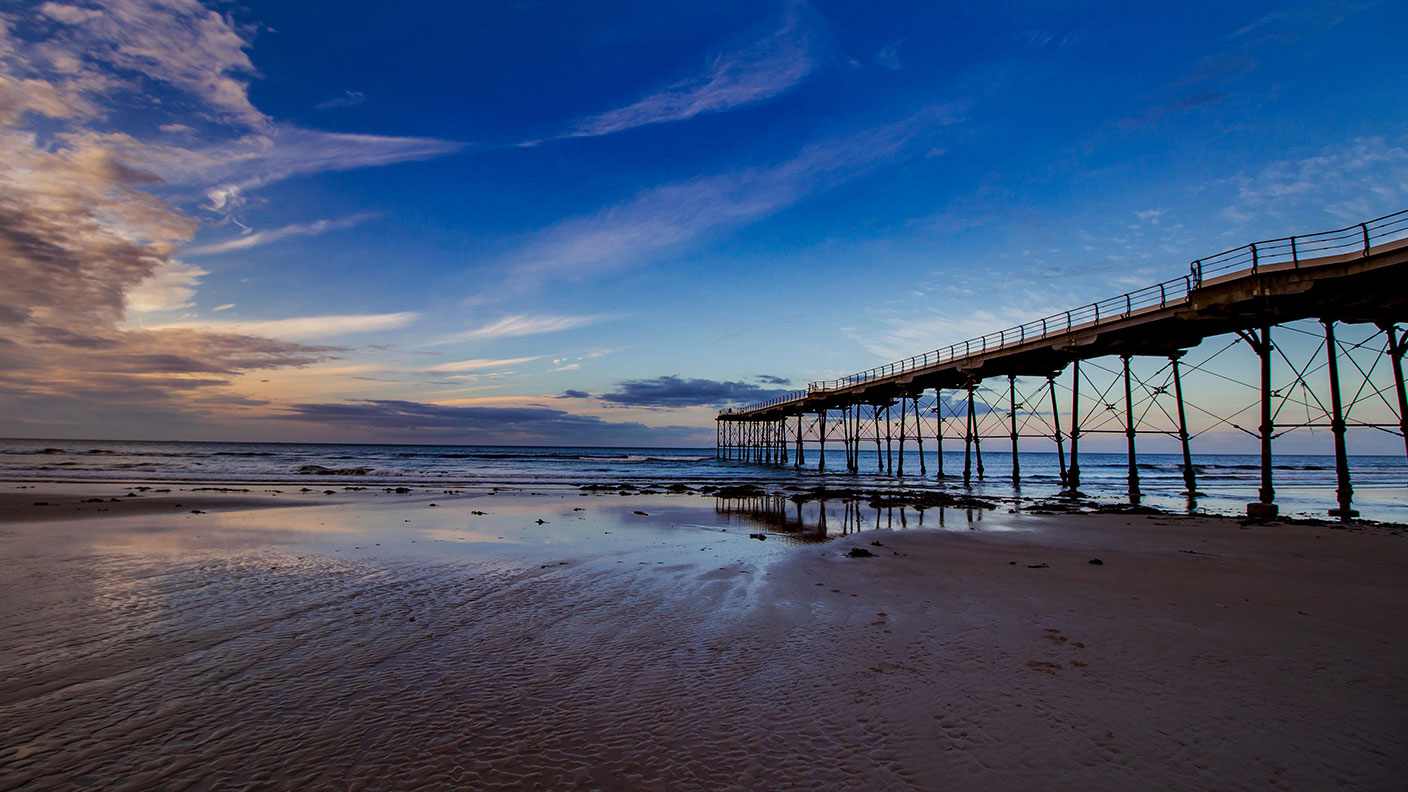
Walking has become a “hugely popular way to pass the time during both lockdowns… [since] it’s vital to get fresh air and exercise”, says Harriet Mallinson in the Daily Express. The 5.2-mile coastal walk from Redcar to Saltburn, North Yorkshire, takes in a “glorious stretch” of England's Coastal Path “with sights aplenty along the way”. Look out for the “impressive” stone-built Cliff House. It was constructed in the 1800s as a holiday residence for the Pease family of prominent industrials in the North East. “Walkers will also pass Saltburn, a town with a rich heritage based on the vision of Henry Pease to create a Victorian seaside resort.” Then follow the promenade to one of Britain’s most northerly piers.
MoneyWeek
Subscribe to MoneyWeek today and get your first six magazine issues absolutely FREE

Sign up to Money Morning
Don't miss the latest investment and personal finances news, market analysis, plus money-saving tips with our free twice-daily newsletter
Don't miss the latest investment and personal finances news, market analysis, plus money-saving tips with our free twice-daily newsletter
A walk to fire the imagination
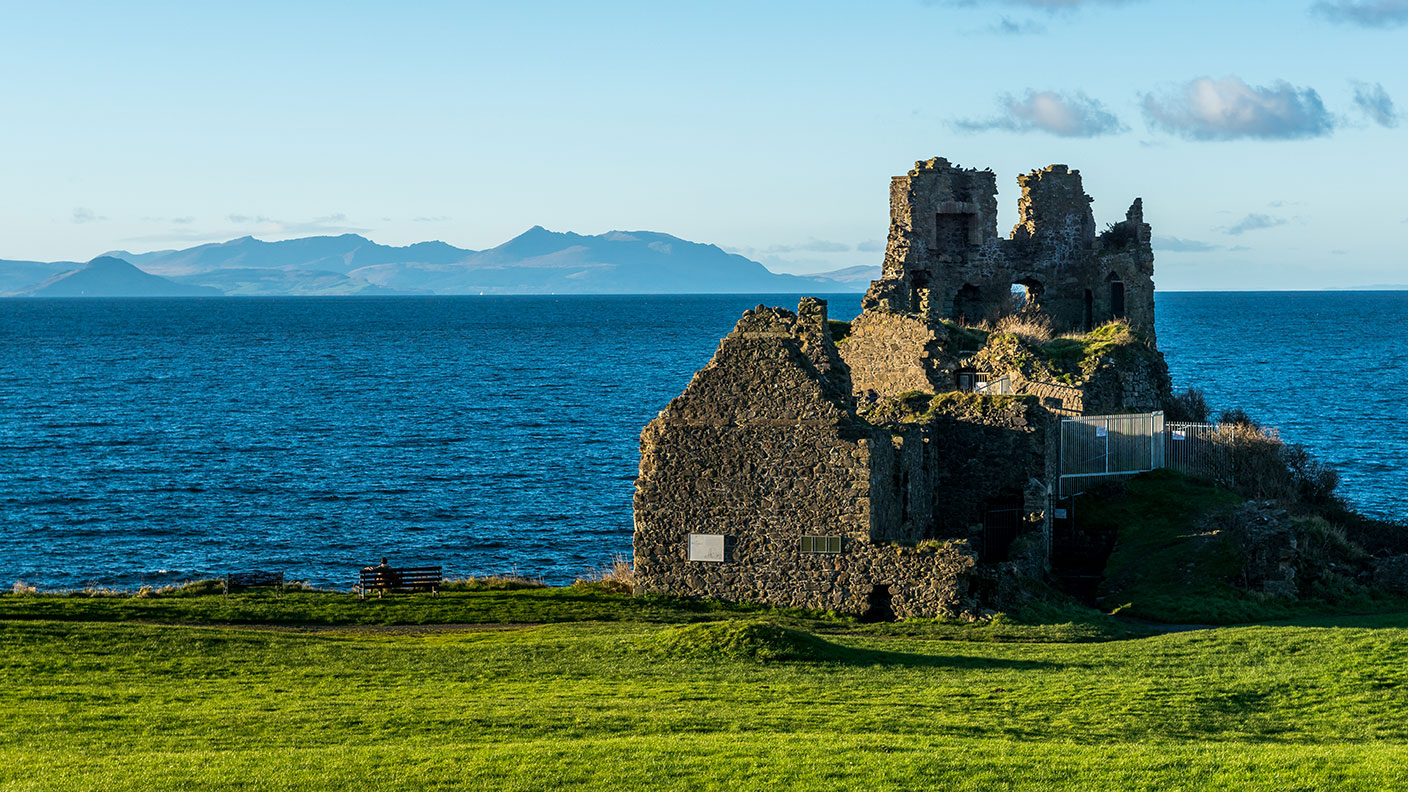
“Setting off south along the Ayrshire Coastal Path, we passed the jagged ruin of Dunure Castle,” says Christopher Somerville in The Times. The path dipped and rose with the undulation of the cliffs. “Across the water lay a long green bar of land, the Isle of Arran, with its mountainous head in the clouds, and away in the southwest the 1,000ft volcanic plug of Ailsa Craig rose abruptly on the horizon like an island in a Japanese painting.” The path zigzagged down to run along the shore: “a strand of dark pink sand spattered with beautifully multicoloured pebbles”. Ahead loomed Culzean Castle. Through its wooded grounds, “another curve of tide-ribbed sand led us into the harbour town of Maidens, as sun shafts pierced the clouds and crowned distant Ailsa Craig with dramatic evening light.”
The French art of sea-wading
Why walk alongside the water when you can walk through it? Longe-côte, or sea-wading, is a relatively new “bonkers activity” that has become popular in the north of France, says Rachel Ifans in The Independent. The idea is to walk in the sea, dressed in bobble hats and wetsuits, as part of a group, with the water up to your chest, wading in single file. People take it in turns at the front, “so that everyone gets the benefit of the full resistance from the water”. The benefits are said to include lower blood pressure and boosted immunity. It is, as one practitioner puts it, “so invigorating”. Cornwall’s Longe-Cote UK, the only club in Britain, meets from March to December. “So it was that I found myself on Gyllyngvase beach in Falmouth on a sunny Sunday morning in mid-October, with two foolhardy friends also in search of a Covid-proof high and dressed in wetsuits and woollies,” says Ifans. “It feels good to be a longecotienne – in fact, I’d go so far as to say it’s the most joie-de-vivre you’ll find on British shores right now.”
Get the latest financial news, insights and expert analysis from our award-winning MoneyWeek team, to help you understand what really matters when it comes to your finances.

-
 How a ‘great view’ from your home can boost its value by 35%
How a ‘great view’ from your home can boost its value by 35%A house that comes with a picturesque backdrop could add tens of thousands of pounds to its asking price – but how does each region compare?
-
 What is a care fees annuity and how much does it cost?
What is a care fees annuity and how much does it cost?How we will be cared for in our later years – and how much we are willing to pay for it – are conversations best had as early as possible. One option to cover the cost is a care fees annuity. We look at the pros and cons.
-
 Adventures in Saudi Arabia
Adventures in Saudi ArabiaTravel The kingdom of Saudi Arabia in the Middle East is rich in undiscovered natural beauty. Get there before everybody else does, says Merryn Somerset Webb
-
 Review: Constance Moofushi and Halaveli – respite in the Maldives
Review: Constance Moofushi and Halaveli – respite in the MaldivesTravel The Constance resorts of Moofushi and Halaveli on two idyllic islands in the Maldives offer two wonderful ways to unwind
-
 Affordable Art Fair: The art fair for beginners
Affordable Art Fair: The art fair for beginnersChris Carter talks to the Affordable Art Fair’s Hugo Barclay about how to start collecting art, the dos and don’ts, and more
-
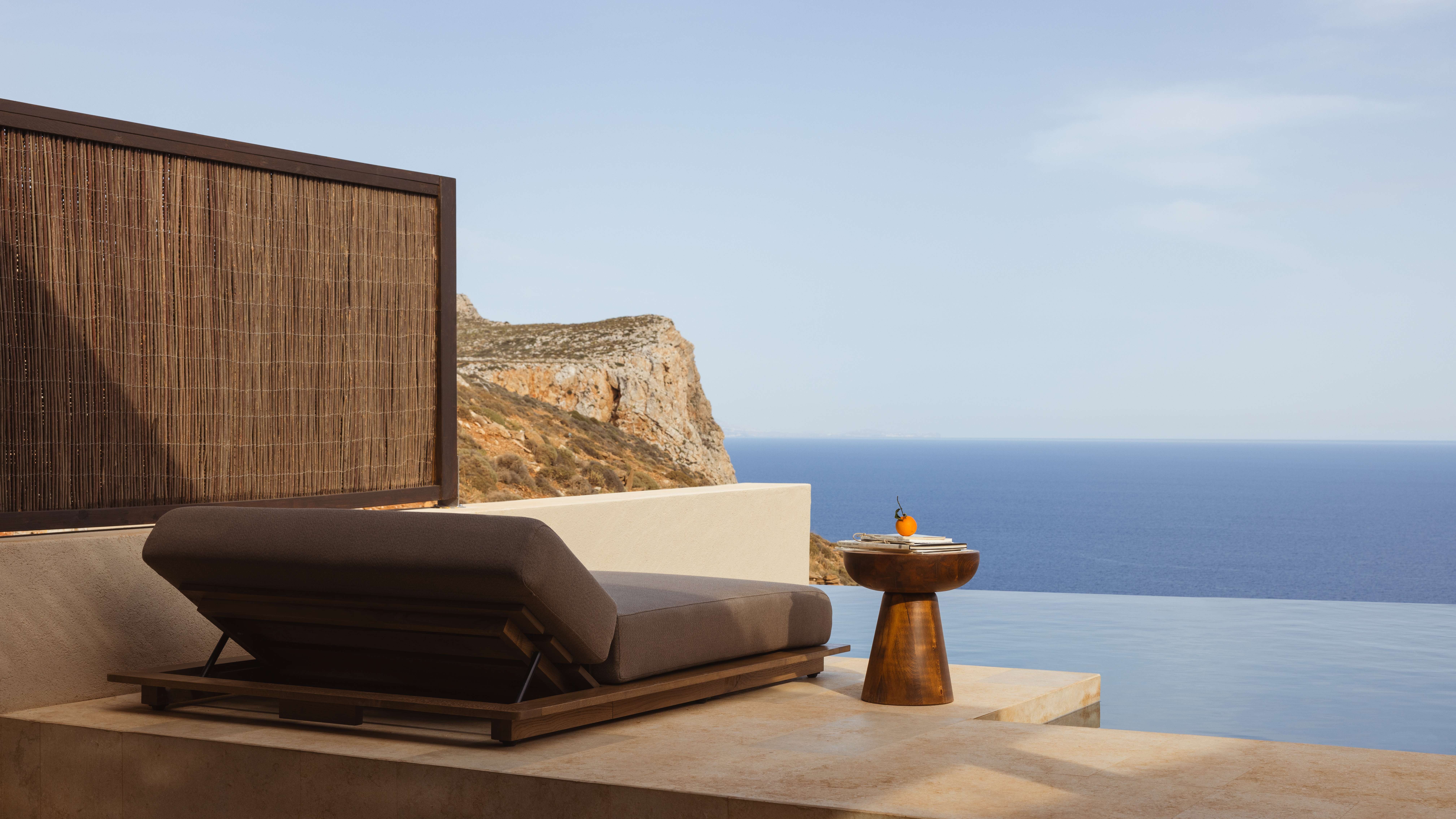 Review: Gundari, a luxury hotel in the Greek island of Folegandros
Review: Gundari, a luxury hotel in the Greek island of FolegandrosNicole García Mérida stayed at Gundari, a luxurious hotel on Folegandros, one of the lesser-known islands in the southern Cyclades in Greece
-
 Fine-art market sees buyers return
Fine-art market sees buyers returnWealthy bidders returned to the fine-art market last summer, amid rising demand from younger buyers. What does this mean for 2026?
-
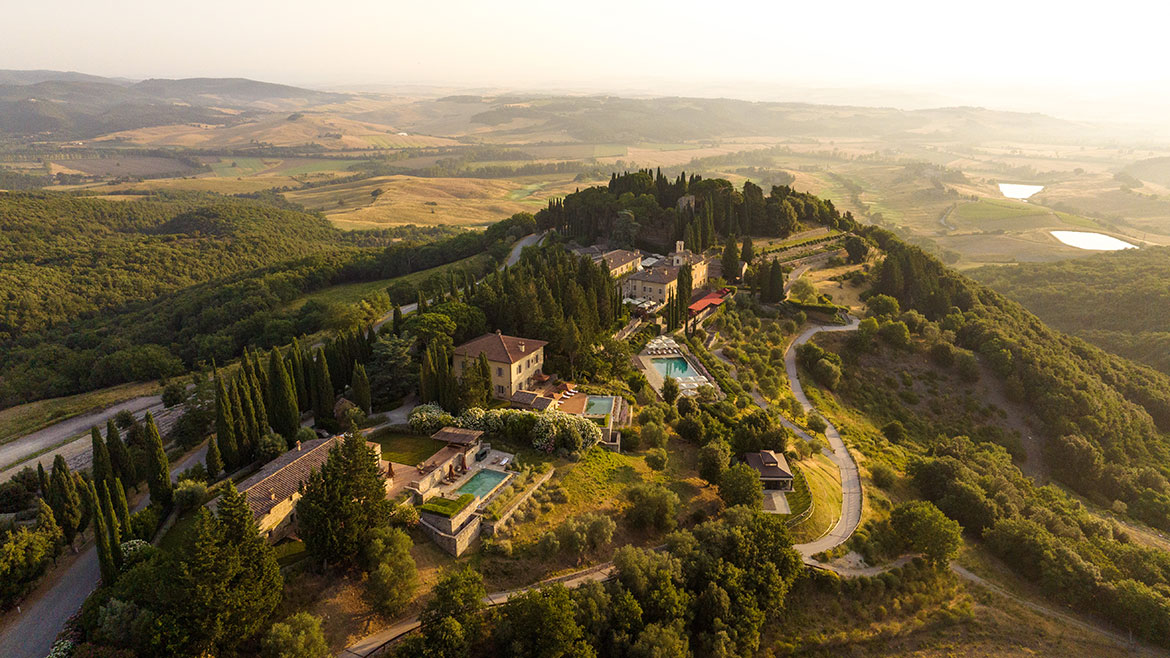 Review: Castiglion del Bosco, A Rosewood Hotel – a Tuscan rural idyll
Review: Castiglion del Bosco, A Rosewood Hotel – a Tuscan rural idyllTravel Play golf, drink exquisite wine and eat good food at Castiglion del Bosco, A Rosewood Hotel, all within the stunning Val d’Orcia National Park in Tuscany
-
 Review: A cultural tour of North India
Review: A cultural tour of North IndiaTravel Jessica Sheldon explores North India's food and art scene from three luxurious Leela Palace hotels in New Delhi, Jaipur and Udaipur
-
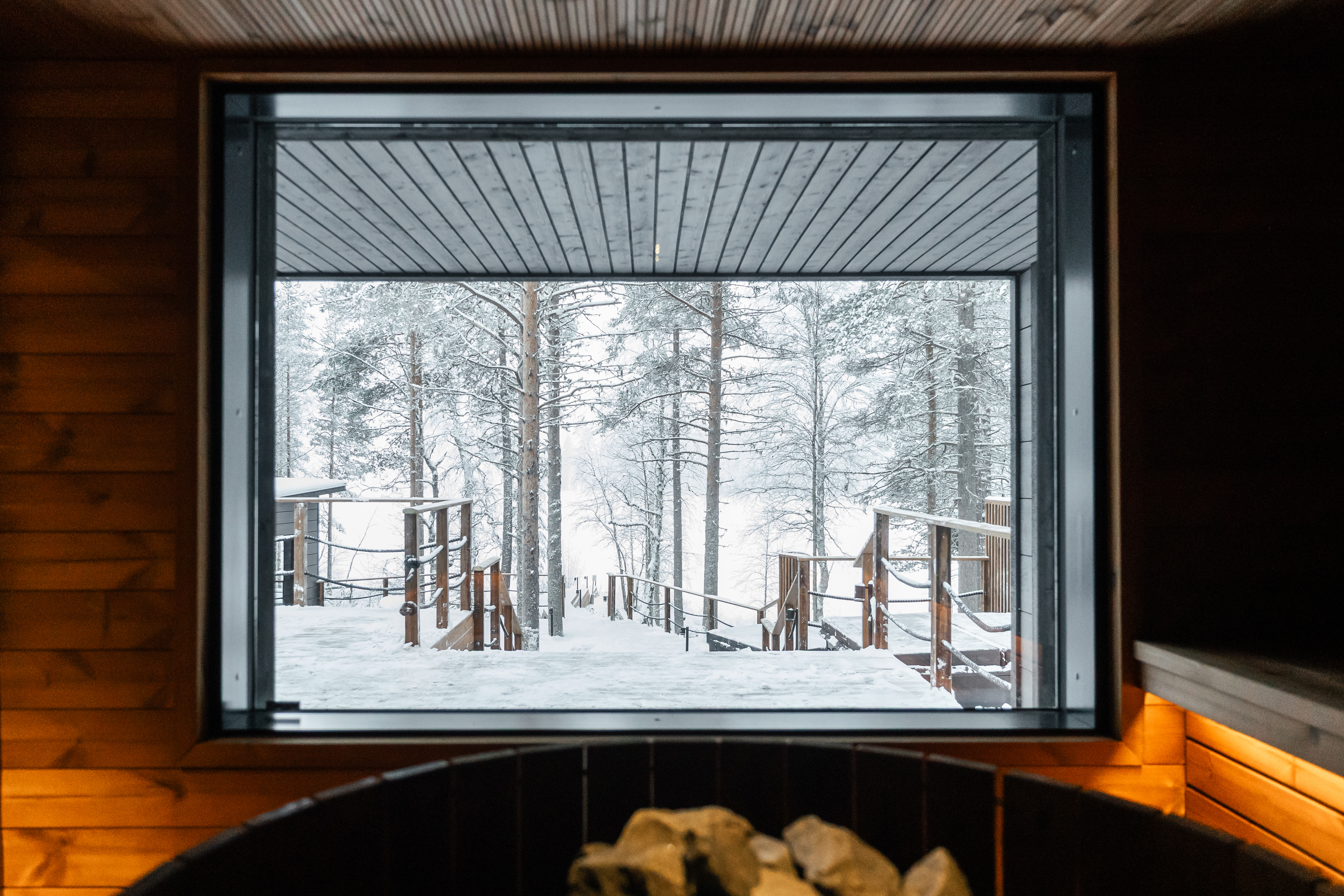 The best luxury saunas, spas and icy plunges
The best luxury saunas, spas and icy plungesRestore your mind and body with luxury fire and ice experiences, from warming saunas to icy plunges